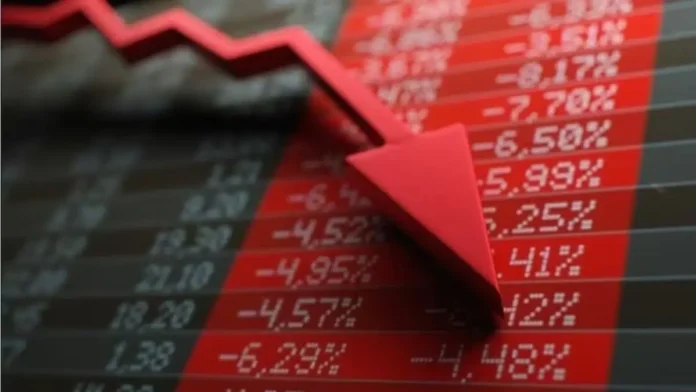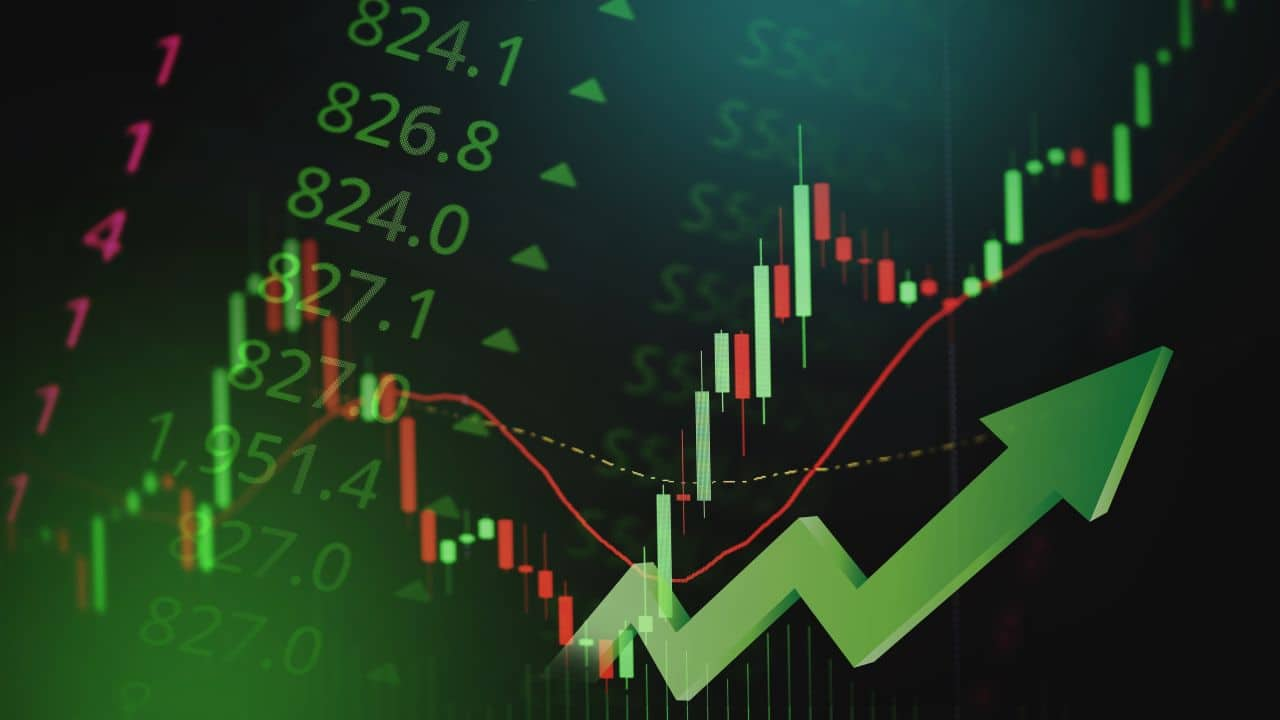Sensex and Nifty fall sharply on January 6, wiping out ₹9.5 lakh crore in investor wealth as India reported its first three cases of Human Metapneumovirus (HMPV) in Karnataka and Gujarat. Both indices dropped by 1.5%, marking the highest single-day loss in three months. Investor sentiment weakened as fears of a potential economic slowdown due to health concerns, coupled with global uncertainties, weighed heavily on the stock market.
HMPV Cases Spark Investor Concerns
The confirmation of HMPV cases in India has triggered panic in the financial markets. Investors, worried about potential disruptions akin to those seen during the COVID-19 pandemic, pulled out of equities, leading to a massive sell-off. This sudden dip highlights how sensitive the markets remain to public health developments.
The Sensex fell by over 900 points, closing at a two-month low, while the Nifty dropped below its crucial support level of 19,200. Sectors like travel, hospitality, and healthcare were the worst hit, reflecting the market’s anticipation of reduced activity in these areas if HMPV cases increase.
₹9.5 Lakh Crore Lost In A Single Day
The day’s trading session saw a significant erosion of investor wealth, with ₹9.5 lakh crore wiped out from the market. This loss is one of the largest in recent months, underscoring the vulnerability of the stock market to unexpected events. Foreign Portfolio Investors (FPIs) and retail investors were particularly impacted, with large-scale withdrawals exacerbating the decline in market indices.
Market capitalization losses are a stark reminder of how health crises can affect economic stability, with ripple effects spreading to multiple sectors.
Global Market Sentiments Weigh Heavy
While the HMPV news took center stage, global factors also contributed to the decline. Weak performance in Asian markets, driven by concerns over slower economic growth in China and Japan, added to the bearish sentiment. Simultaneously, rising bond yields in the United States further dampened the attractiveness of equities, leading to outflows from emerging markets like India.
The strengthening of the US dollar against major currencies also played a role, making Indian markets less appealing to foreign investors. As a result, FPIs offloaded shares worth ₹1,500 crore, intensifying the sell-off.
Sector-Wise Impact Of The Market Fall
- Healthcare Stocks:
Despite the health crisis, healthcare stocks faced a mixed response. While hospital chains saw a temporary dip, pharmaceutical companies specializing in respiratory treatments gained marginally due to anticipated demand. - Travel And Hospitality:
Stocks in travel-related sectors took a major hit as fears of restrictions on mobility loomed large. Airlines and hotel chains recorded sharp declines in their share prices. - Consumer And Retail:
With worries about reduced consumer spending, retail and FMCG stocks also fell significantly, reflecting pessimism about near-term demand. - Banking And Financials:
Banking stocks suffered as investors speculated about potential disruptions in credit growth and rising defaults in the event of prolonged economic instability.
Sensex And Nifty Fall Due To Investor Panic
The fall in Sensex and Nifty highlighted how quickly investor sentiment can shift in response to unforeseen events. The fear of a widespread outbreak of HMPV prompted many to exit equity markets, with even blue-chip stocks witnessing declines. Experts noted that the situation underscores the importance of diversification in investment portfolios to mitigate such shocks.
Value investors, however, see this as an opportunity to buy fundamentally strong stocks at lower valuations, particularly in sectors with long-term growth potential.
Role Of HMPV In Shaping Market Trends
Human Metapneumovirus, or HMPV, is a respiratory virus that has raised global concerns due to its potential to disrupt public health systems and economic activities. While not as severe as COVID-19, the detection of HMPV cases has caused apprehension about its impact on daily life and the economy. With limited information available about the virus’s spread and severity, markets are likely to remain volatile in the short term.
Authorities are closely monitoring the situation, with efforts underway to contain the virus and prevent further economic repercussions.
Historical Context: Market Reactions To Health Crises
The stock market’s reaction to HMPV cases is reminiscent of its behavior during previous health crises. During the early days of COVID-19, markets worldwide experienced unprecedented losses before stabilizing as governments and central banks implemented relief measures. Similarly, the SARS outbreak in 2003 and the H1N1 pandemic in 2009 caused temporary disruptions, but markets recovered once containment measures proved effective.
Investors can draw lessons from these past events by staying informed, avoiding panic selling, and focusing on long-term goals.
What Lies Ahead For The Markets?
The road ahead for the Indian stock market depends largely on how the HMPV situation unfolds. Key factors to watch include:
- Updates on the spread and containment of HMPV cases.
- Government responses to mitigate economic and health impacts.
- Global market trends, particularly in the US and Asia.
- Corporate earnings reports, which will provide insights into how companies are adapting to the evolving situation.
While the immediate outlook remains uncertain, India’s strong economic fundamentals and the resilience of its industries are expected to support a recovery in the medium to long term. Investors are advised to stay cautious and diversify their portfolios to navigate this period of volatility.



